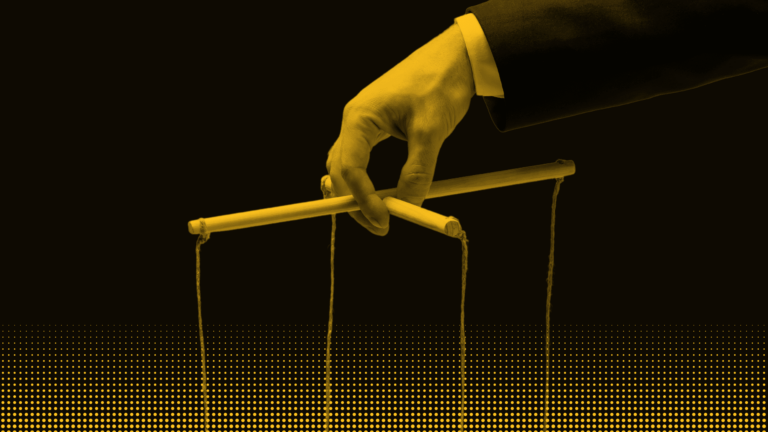This company profile of Heineken reveals the unethical practices of the world’s second largest beer producer. It provides examples of harmful methods across the categories of political interference, promotion, sabotage, manipulation, and deception – the Dubious 5 strategies.
Introduction
Heineken N.V. is the world’s second-largest beer producer. It is a Dutch multinational alcohol company based in Amsterdam, Netherlands.
- Dolf van den Brink is the CEO of Heineken since July 2020.
- The Heineken brand portfolio consists of over 170 beer brands such as Heineken, Amstel, Cruzcampo, Affligem, Zywiec, Starobrno, Tiger, Red Stripe and Birra Moretti.
In November 2021, Heineken NV took over Distell Group Holdings Ltd, a South African wine and Spirits company for €2.2 billion, creating a new regional group to compete with larger rivals AB InBev and liquor giant Diageo Plc.
Fast Facts about Heineken in 2022
- Total revenue: €28.7 billion
- Net profit: €2.84 billion (BEIA*, 2022)
- Marketing spending: €2.73 billion
- Lobbying spending (EU): €200,000 – 299,999 (2022, EU only)
- Total volume beer sold: 256.9 million hl
- Global beer market share (volume): 13.6%
- Number of employees: 86,390
- Worldwide operations: 72
*BEIA, Before Exceptional Items and Amortization
In 2023 alone, Movendi International has already reported on 10+ stories exposing harmful and unethical practices by Heineken around the world.
Heineken involvement in front groups
Heineken pays a host of front groups to conduct lobbying on the behalf of the Dutch beer gianr.
- International Alliance for Responsible Drinking (IARD),
- The Portman Group,
- World Brewing Alliance,
- The Brewers of Europe,
- The International Brands Association,
- The World Federation of Advertisers,
- European Round Table of Industrialists,
- Re-Source Europe,
- World Economic Forum, and
- Consumer Goods Forum.
Interfering in policy and science
Heineken front groups are designed to advance long-term public relations goals to interfere in both policy and science.
UNETHICAL PRACTICES by Heineken
 Promotion
Promotion Heineken main sponsor of comic event – marketing alcohol towards minors
Heineken will be the official sponsor of this year’s edition of CCXP in Brazil, taking place fro mDecember 5 to 8, 2024. Thought the ...
 Promotion
Promotion Heineken’s Sponsorship of Sports Events
Heineken sponsoring “the start of the match”. While such sponsorships are undeniably lucrative for alcohol companies, they also ...
 Sabotage
Sabotage Top Carlsberg Executives Arrested as Big Alcohol’s Partnership With Russia Backfires
Carlsberg’s reluctance to withdraw their support of Russia has backfired on their own company. According to media reports from the ...
 Sabotage
Sabotage Exposed: Beer Giants Keep Funding Myanmar Military Junta
Alcohol industry giantsare funding Myanmar Junta’s atrocities through taxes, accordig to new revelations. Justice For Myanmar has exposed ...
 Sabotage
Sabotage Heineken Exposed for ‘Slave Labor’ Practices in Brazil
Brazilian brewery Kaiser, which is owned by Heineken, has been added to the government’s list of companies responsible for labor ...
 Deception, Sabotage
Deception, Sabotage Brazil: Supported by Big Alcohol, Research Center Defines Standard Unit of Alcohol 40% Higher Than World Health Organization
Center financed by alcohol giants Heinken and AB InBev is used as a reference by the Ministry of Health and provides data that favors ...
BROWSE MORE UNETHICAL PRACTICES by Heineken
BIG ALCOHOL IN THEIR OWN WORDS
Whisky brands are very reliant on a small number of heavy, and increasingly ageing, consumers, to provide the majority of volume [...] in the longer term we had to attract more younger drinkers—the heavy- using loyalists of tomorrow [to avoid] the potentially disastrous implications of losing heavy drinkers”.

“If Miller Lite was to be a large profitable brand we had to attract these young heavy drinkers”.

To the extent [that laws or regulations or actions against us to substantially curtail the consumption of alcohol, including beer] gain traction, they could have a material adverse effect on our business and financial results. For example, the European Union published its Europe Beating Cancer Plan. As part of the plan, by the end of 2023, the European Union has indicated it will issue a proposal for mandatory health warnings on alcohol beverage product labels."
Source: Molson Coors Annual Report 2022

